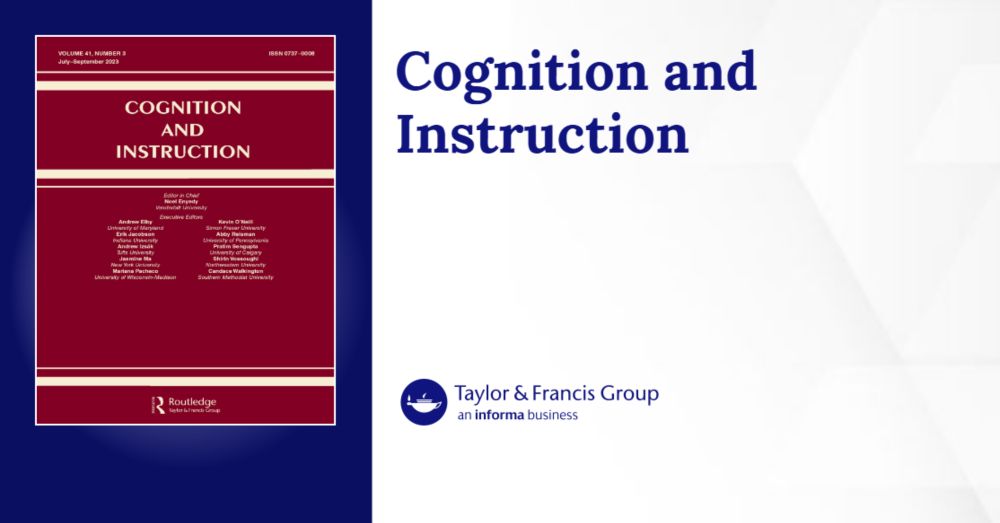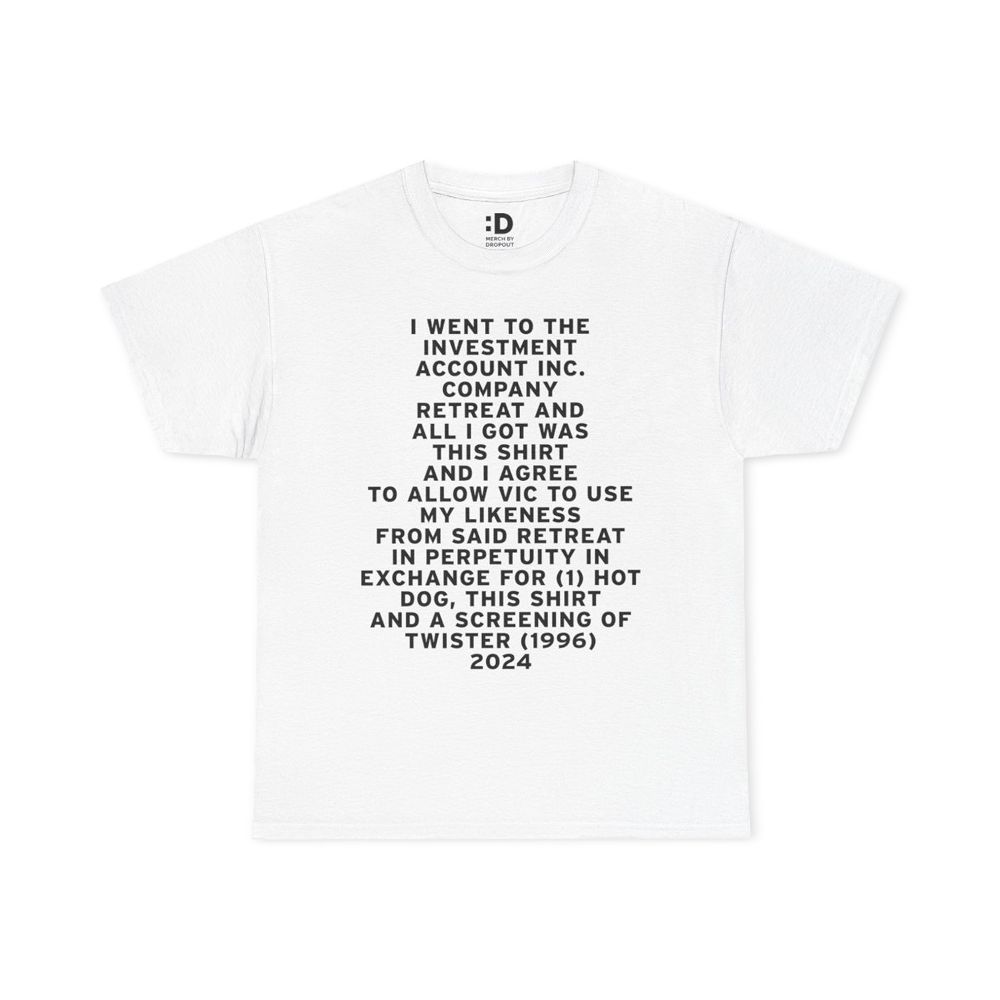(There's already an agent whose job it is to manage _all_ my context: me.)
(There's already an agent whose job it is to manage _all_ my context: me.)
I think it's the same with AI models -- we'll use different instances of models for different things, and we'll want those models to have access to different subsets of our overall context.
I think it's the same with AI models -- we'll use different instances of models for different things, and we'll want those models to have access to different subsets of our overall context.
There's absolutely a place for crossing those boundaries occasionally, but offering the full
There's absolutely a place for crossing those boundaries occasionally, but offering the full
Take groups of friends: I have my job friends and my book friends and my sport friends. I'm a different person to each group,
Take groups of friends: I have my job friends and my book friends and my sport friends. I'm a different person to each group,



